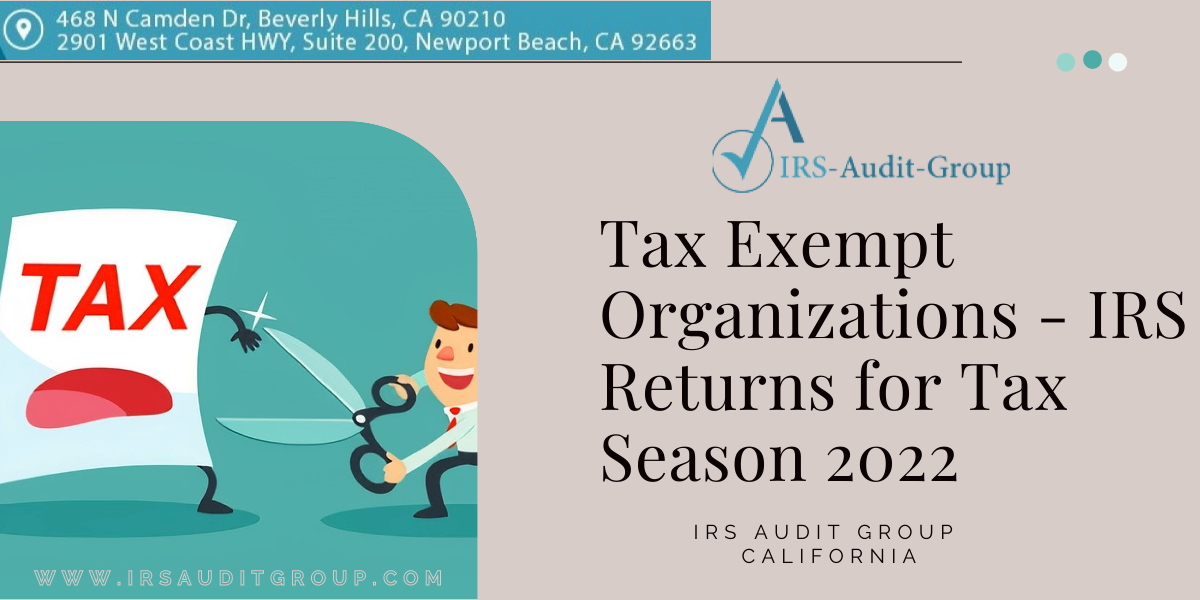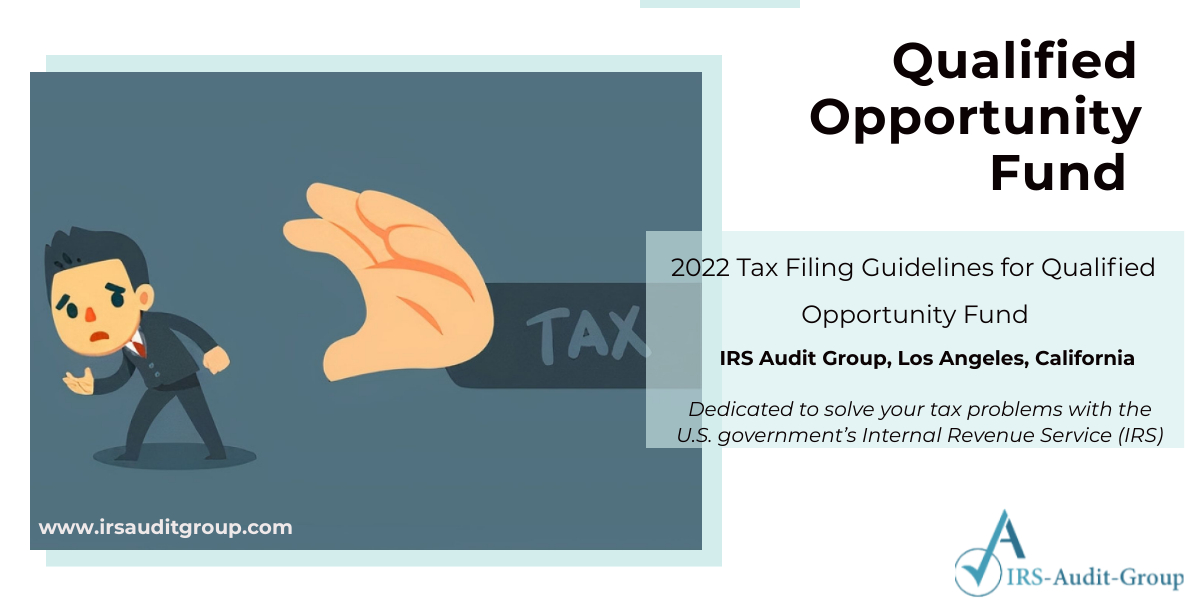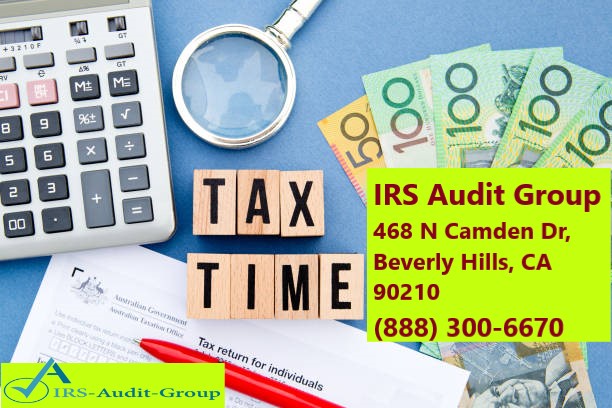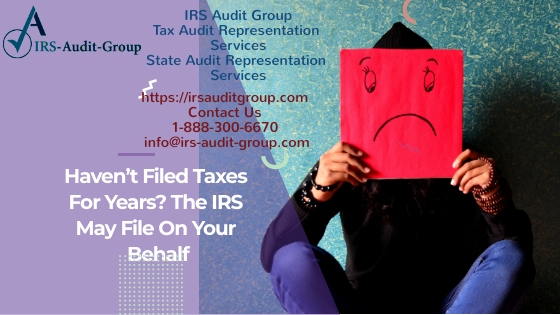The Section 501(c)(3) Internal Revenue Code specifies that any Tax-exempt organizations need to be organized and operated exclusively for exempt purposes. Also, it needs to ensure that none of its earnings inure to any private shareholder or individual. In this context, the private inurement means that the assets of the organization must not be used to benefit a single person excessively.
Here are a few types of Exempt Organizations.
- Charitable Organizations
- Churches and Religious Organizations
- Private Foundations
- Political Organizations
- Other Non-profits
The IRS requires most tax-exempt organizations to file annual tax returns. Even though most tax-exempt non-profit organizations do not pay federal taxes, these entities are required to file an informational return with the IRS. Hence, such entities need to file their IRS return for this tax season 2022.
The annual reporting return for tax-exempt organizations is referred to as a Form 990. Most of the tax-exempt organizations need to file an annual return, and it can be done electronically. The financial activity of an organization determines which form it must file, as shown in the chart below.
| Status | Form to File |
| Gross receipts normally ≤ $50,000 | 990-N |
| Gross receipts < $200,000, and Total assets < $500,000 | 990-EZ or 990 |
| Gross receipts ≥ $200,000, or Total assets ≥ $500,000 | 990 |
| Private foundation – regardless of financial status | 990-PF |
The deadline for the tax season 2022 has been fixed as May 16 to file IRS return by the tax-exempt organizations. Taxpayers who need more time to file beyond the May 16 deadline can request Form 8868 which is the Application for Extension of Time to File an Exempt Organization Return. This form will provide a 6-month automatic extension. Extending the time to file a return does not extend the deadline to pay tax in circumstances where tax is payable. Organizations requesting an extension are encouraged to complete Form 8868 electronically, according to the IRS.
Extended Support From IRS
IRS helps taxpayers, board members, volunteers, and officers in filling returns to comply with their tax filing obligations. Therefore, it lists few modernized e-File (MeF) providers who have passed the IRS Assurance Testing System (ATS) requirements for Software Developers of electronic Exempt Organizations. The list of such service providers can be found using the below IRS webpage
IRS Audit Group is a Tax Audit Representation firm in Los Angeles, California. We are a team of tax attorneys having hands-on experience in dealing with IRS audit process. We help you file your tax return for 2022 complying with all obligations and represent you on IRS audit. Contact us to get free consultation to understand your issues. https://irsauditgroup.com/contact/
Telephone Number: (310) 498-7508
Email address: info@irs-audit-group.com




